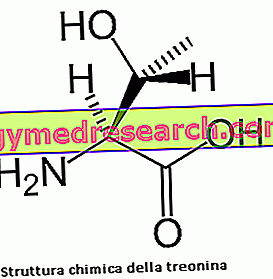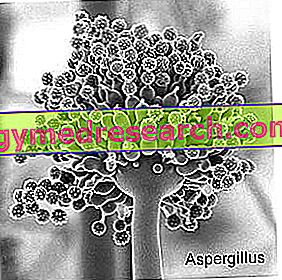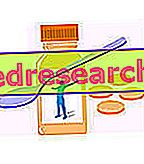
- Always wash your hands before and after handling raw foods. Use gloves if you have injuries or injury on your hands.
- Before consuming them, wash fruits and vegetables, to eliminate the possible presence of microbes and residues of substances (such as pesticides), but do not wash them before putting them in the fridge, as the increase in humidity favors the growth of mold and bacteria.
- Check the temperature of the refrigerator: it should not exceed 4 ° C, otherwise there is the risk of microbes forming which can cause food infections.
- Check the condition of foods stored in the refrigerator regularly.
- Do not purchase broken, dented or swollen packs, produced with altered colors or frozen with frost.
- Always check that the drinks have not been exposed to the sun or other heat sources.
- Clean often in the refrigerator with a clean and disinfected sponge or moistened with a little vinegar.
- Periodically check the expiration date of the foods, even those that are not easily perishable (such as pasta, cereals, spices etc.).
- After cooking, do not leave the food at room temperature.
- Put everything in the refrigerator, even the open cans and be careful oil in oil is always covered by oil.
- Always keep cooked food separate from raw food.
- Protect partially eaten or cooked foods with plastic wrap or put them in airtight containers to avoid contamination.
- Never freeze a thawed product. This rule is also valid for some types of bread and can be bought at the supermarket: often it is a precooked dough previously frozen and then heated in the store.



